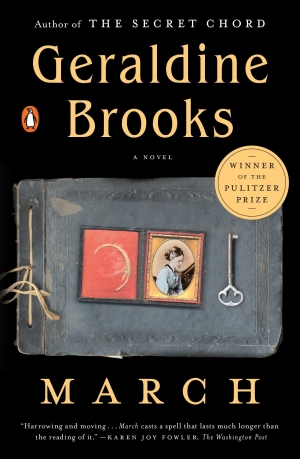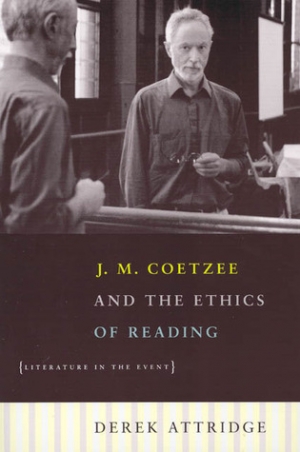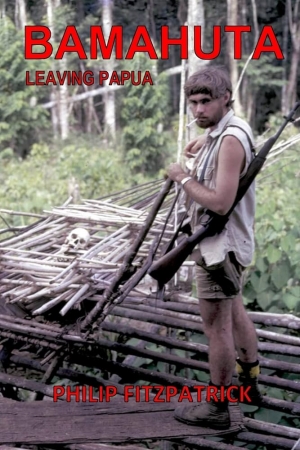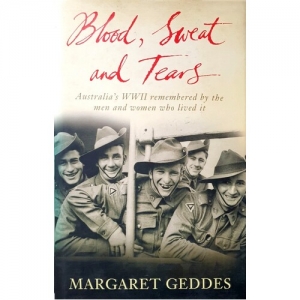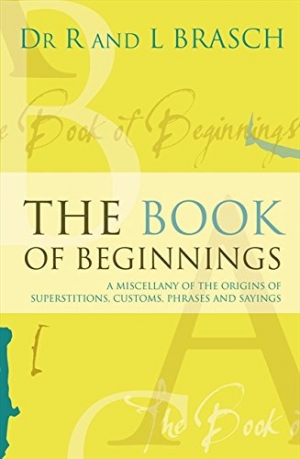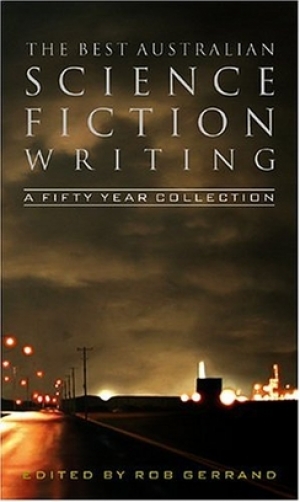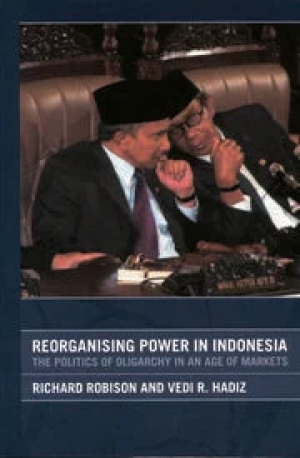Archive
Poem of the Week - 'Man on the Moon' by Stephen Edgar (2005 ABR Poetry Prize winner)
In ABR's seventh 'Poem of the Week' Stephen Edgar discusses and reads his poem 'Man on the Moon'.
... (read more)Spacious and solidly constructed, the classic nineteenth-century novel invites revisiting. Later writers reconfigure its well-known spaces, change the lighting, summon marginal figures to the centre. Most memorable, perhaps, is Jean Rhys’s Wide Sargasso Sea (1966), in which the first Mrs Rochester ...
... (read more)Sue Thomas reviews 'J.M. Coetzee And The Ethics Of Reading: Literature in the event' by Derek Attridge
J.M. Coetzee and the Ethics Of Reading is both a deeply scholarly response to the work of a brilliant and challenging writer, and an act of advocacy for a particular mode of reading, which Derek Attridge characterises variously as ethical, literary, ‘attentive’ and scrupulously responsive to the text. This mode draws on practices of ‘close reading’, while proposing the ethics of ...
... (read more)For there is always going on within us a process of formulation and interpretation whose subject matter is our own selves.
These words appear towards the end of Erich Auerbach’s study of representation in Western literature, Mimesis. First published in 1946, the book has become a classic of twentieth-century literary criticism, but is almost as famous for the circumstances under which it was composed as for its content. It was written between 1942 and 1945 in Istanbul, where Auerbach, a German Jew, was living in exile.
... (read more)Allan Patience reviews ‘Bamahuta: Leaving Papua’ by Philip Fitzpatrick
Papua New Guinea is definitely not one of the grand colonial stories. There is no tradition of empire, no tales of the raj, to be glorified or excoriated by historians and other nostalgics. Mostly, the various German, Australian and Japanese colonial administrations were not infrequently racist and stupid, often brutal and overwhelmingly unimaginative. Australia’s colonising and neo-colonising of what has become PNG was always, and still is, principally focused on its security interests, not on bringing civilisation to noble savages or developing a thriving economy. The colonial Australians who ventured into the oppressive heat, spectacular mountains, awesome rainforests and malarial swamps mostly comprised parsimonious bureaucrats, rugged patrol officers, no-nonsense police, Christian evangelists, and fugitives of pretty well every kind – ‘missionaries, marxists, and misfits’, as the saying goes.
... (read more)Anna Goldsworthy reviews ‘Farewell My Ovaries’ by Wendy Harmer
Where are the great menopause novels? In The Change (1991), Germaine Greer described menopause as the ‘undescribed experience’, but then noted that it had in fact been described extensively, mostly ‘by men for the eyes of other men’. Wendy Harmer’s Farewell My Ovaries is written by a woman for the eyes of other women, but it does not really aspire to greatness. It is unashamedly ‘chick lit’ – or ‘chick-making-the-uneasy-transition-to-hen-lit’.
... (read more)Brian Matthews reviews ‘Blood, Sweat and Tears: Australia’s WWII remembered by the men and women who lived it.’ by Margaret Geddes
In Margaret Geddes’s own words, Blood, Sweat and Tears ‘is a book of memories and feelings, not facts and dates’. As a result, she is able to avoid the structural, stylistic and other ramifications of historical and chronological accuracy. Instead, she is interested more in the quality and reverberations of their recollections and their reconstruction of events that are ‘with them still’, and is able to give her various interlocutors full narrative rein to hit upon their own rhythms, pursue their own lines of emphasis and obsession, and often talk at considerable length.
... (read more)Bruce Moore reviews ‘The Book of Beginnings: A miscellany of the origins of superstitions, customs, phrases and sayings’ by R. and L. Brasch
Dr Rudolph (Rudy) Brasch’s career as a rabbi took him from Germany to London and, finally, in 1949, to the Temple Emmanuel in Sydney, where he remained for thirty years. His learning was wide and eclectic, and this is reflected in The Book of Beginnings, which he compiled with the assistance of his wife, Li Brasch. Dr Brasch died in November 2004, at the age of ninety-two.
... (read more)Chris Palmer reviews ‘The Best Australian Science Fiction Writing: A fifty-year collection’ edited by Rob Gerrand
Writers of contemporary fiction are often novelists only; writers of heroic fantasy, a genre that increasingly overlaps with science fiction, tend to write very long novels only. Science fiction is different; the short story has been important for most of its practitioners, though it sets taxing formal problems when the writer has to cram the details of an alternative or future world into a short compass. The first of the stories in this big anthology of Australian science fiction was published in 1955, the most recent in 2001, so it offers a good sense of the path the genre has traced.
... (read more)Damien Kingsbury reviews ‘Reorganising Power in Indonesia: The politics of oligarchy in an age of markets’ by Richard Robison and Vedi R. Hadiz
Many who have followed Indonesian politics have become increasingly dismayed at the failure of the reform movement that followed the political demise of President Suharto in 1998. The glass is not so much half full or empty; rather, it is cracked and leaking. Indonesia now has a democracy, of sorts, after a constitutional coup against the first elected president, Aburrahman Wahid, and the non-presidency of Megawati Sukarnoputri. In many other respects, Indonesia has regressed. The military is again a power in the state, human rights abuses have increased and there are now more political prisoners than in 1998, if mostly from Aceh and Papua. Similarly, the poor remain very poor, the rich and powerful are again such, and corruption is worse than ever.
... (read more)
